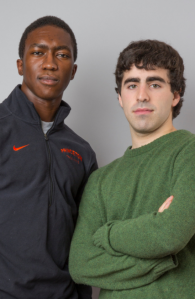As our bus driver Mr. Jack pulled into Walker’s parking lot on the evening of Friday, October 27, I immediately began reflecting upon the fifth grade’s trip to Driftwood Education Center and how it so perfectly encapsulated our mission here at Walker. From the wee hours when we departed on a Tuesday morning until stepping off of the bus that Friday evening, our fifth graders were thoroughly engaged in an educational opportunity that contributed to both transformative learning and the building of meaningful relationships. Those four days on the coast of Georgia connect directly to the heart of what we do.
The scientific learning that occurred on this trip will resonate with students in both the upcoming quarters and the years to follow. Over the rest of their academic careers and throughout their lives, they will continue to make connections to the concepts and ideas that were on display in the learning centers, within the forest, out on the river, and even in the muddy marsh. Because student learning is the chief priority of our school, each and every child participated in a meticulously designed program that enriched their minds in a way that classrooms are not fully equipped to do.
Tantamount only to the content-specific knowledge gained on this endeavor are the strides that these children took on the path of their development into independent and empathetic citizens. With guidance from our leaders, students built the confidence and social skills needed to work both independently and collaboratively. Their perspectives expanded in a way that encouraged responsible decisions and to consider others and the world around them. Not only did they grow as scientists, but they also blossomed as thoughtful boys and girls.
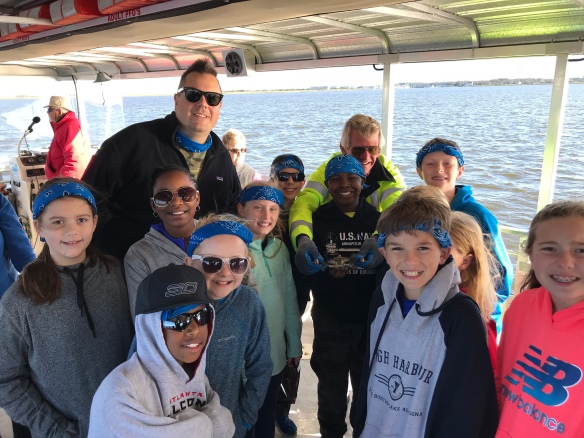
The questions we discussed were varied and purposeful. Whether regarding the environment (How do ecosystems evolve across various terrains?), land structures (What purpose do barrier islands have in relation to the mainland?), sustainability (What are both positive and negative effects of food waste?), teamwork (How can we get our entire team across the hot lava?), responsibility (How exactly do you fold a sleeping bag?), or personal hygiene (How much deodorant is enough deodorant?), each day was spent in exploration of our world and ourselves.
We in the Lower School did some learning as well. Our teachers learned even more about their students, the way they process information, and the systems they use to connect ideas. As with any learning opportunities, we were able to identify areas for growth leading us into a great place where we can provide a challenging environment with high expectations for student achievement as they correlate with individual needs and strengths. As for me, I was able to foster deeper relationships with a wonderful group of students. The time we spent together will empower me to spend the remainder of the school year helping to mold their character, resilience, gratitude, and ethos.
All in all, I want to offer my appreciation to Dr. Holly Martin and the fifth grade team and chaperones for their coordination and execution of this event. As with any successful undertaking, the details were many and the hours were long. I implored Mrs. Jacki Gass to turn off her notifications for the weekend, and I would like to encourage you to have your child pen a quick note of thanks to these teachers for the marvels of the week. Though such is part of the Walker package per se, we never want our students to cease to find the gratitude in every moment.
In addition, thanks is due to Nurse Dana Ferguson for her unwavering commitment to the care of students and leaders alike, as well as our Middle School liaisons Mr. David Gale, Mr. Roberto Llopart, and Mr. Kevin Tilley as they laid the foundation for the bridge between our two divisions. I invite you to join me in thanking them as well.
Walker parents have given the faculty and staff here at Walker the privilege of assisting in the development of their children, and that responsibility is never lost on us. Entrusting us as you did speaks to the partnership we have forged. It is my earnest hope that, for all involved, this trip was filled with wonder, the kind that leads us to new learning, increased empathy, and a deeper understanding of our best selves. Our week at Driftwood has been but a guide map for tomorrow.
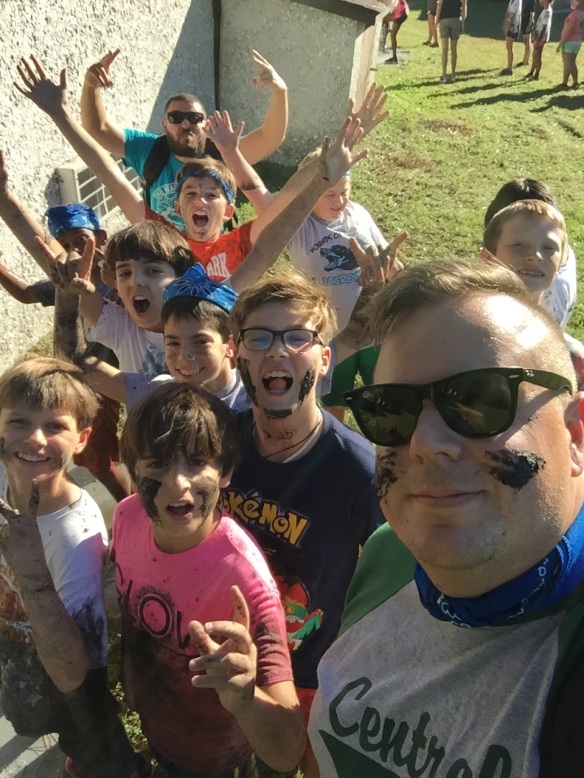
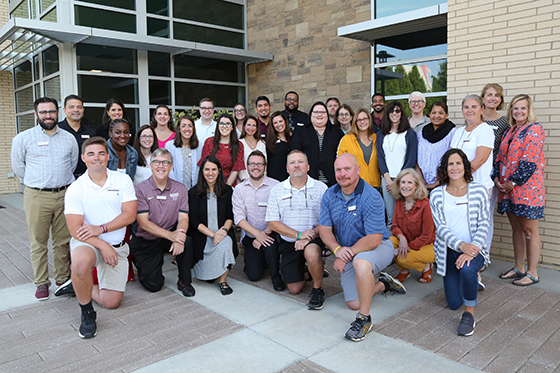

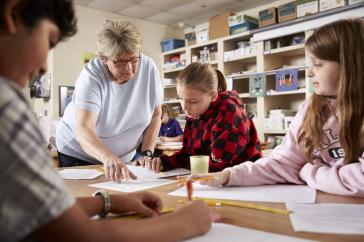
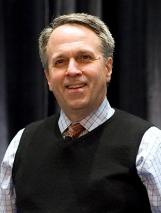
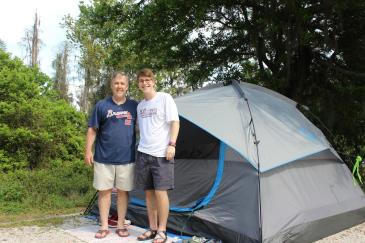


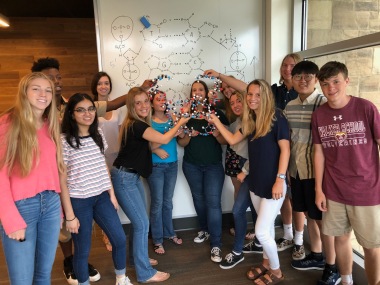 As I reflect on our community’s first month in the Warren building, I can’t stop smiling. Walking through these halls everyday and observing kids exploring new and different paths to learning has been inspirational. There are so many spaces our students and teachers can use both in and outside of the classroom to find the time and space to ponder, collaborate, make thinking visible, and struggle with complex, meaningful problems – these are the spaces where transformative learning happens. Every classroom now has space for teachers to get their students up and moving, transitioning seamlessly between hands-on activities and discussion.
As I reflect on our community’s first month in the Warren building, I can’t stop smiling. Walking through these halls everyday and observing kids exploring new and different paths to learning has been inspirational. There are so many spaces our students and teachers can use both in and outside of the classroom to find the time and space to ponder, collaborate, make thinking visible, and struggle with complex, meaningful problems – these are the spaces where transformative learning happens. Every classroom now has space for teachers to get their students up and moving, transitioning seamlessly between hands-on activities and discussion. 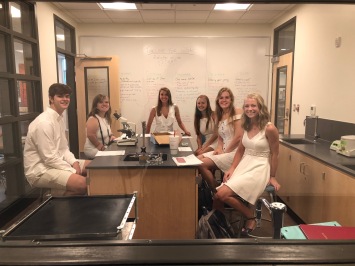 Having 6-12 science and technology in the same physical space makes it so easy for our teachers to plan, imagine, implement, and reflect together. I am tickled pink to watch this building’s first cohorts of our public health and engineering concentration students envision, carry out, and communicate their own novel scientific research in our TWO, not one, but TWO student research suites! These spaces open the possibilities for new senior projects, to increase the number of students leaning into up and coming science – further strengthening their ability to stand out and succeed with confidence and competence in college and beyond.
Having 6-12 science and technology in the same physical space makes it so easy for our teachers to plan, imagine, implement, and reflect together. I am tickled pink to watch this building’s first cohorts of our public health and engineering concentration students envision, carry out, and communicate their own novel scientific research in our TWO, not one, but TWO student research suites! These spaces open the possibilities for new senior projects, to increase the number of students leaning into up and coming science – further strengthening their ability to stand out and succeed with confidence and competence in college and beyond.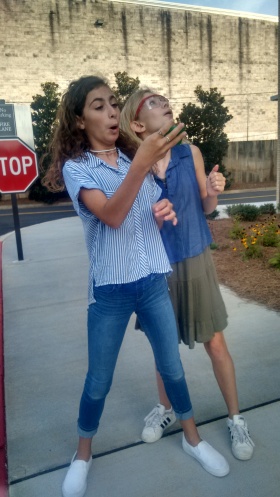
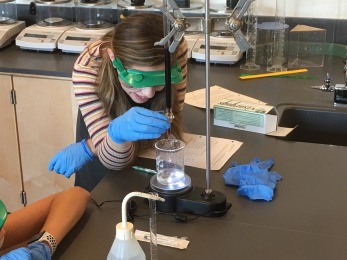
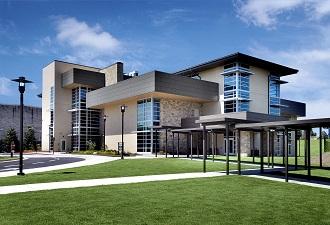 students watching their “bots” carry out the pattern designed, or Lower School students discovering exactly how the digestive system works in a hands-on lesson (entitled “Making Poop” of all things!) in Mrs. Morris’ class, or Middle School students realizing they can engage in a thoughtful debate on gun control and the Second Amendment without depending on Mr. Surkan to lead the discussion, or Upper School students being able to amplify and analyze the DNA of a plant from the outdoor classroom in our new Warren Science & Technology Building, these moments and many, many more are part of what makes learning so transformational here.
students watching their “bots” carry out the pattern designed, or Lower School students discovering exactly how the digestive system works in a hands-on lesson (entitled “Making Poop” of all things!) in Mrs. Morris’ class, or Middle School students realizing they can engage in a thoughtful debate on gun control and the Second Amendment without depending on Mr. Surkan to lead the discussion, or Upper School students being able to amplify and analyze the DNA of a plant from the outdoor classroom in our new Warren Science & Technology Building, these moments and many, many more are part of what makes learning so transformational here. I had an “A-ha!” moment this summer during the SAIS Institute for New Heads, which I have had the privilege of co-leading the last five years. The memorable moment came when one of the new heads walked into a session wearing a school t-shirt. On the front was the name of her school; on the back was a quote that captured the way I look at The Walker School. It read “Great Minds Do NOT Think Alike.” The quote stopped me in my tracks; not because of its novelty, but because it encapsulates the essence of what is so special about Walker.
I had an “A-ha!” moment this summer during the SAIS Institute for New Heads, which I have had the privilege of co-leading the last five years. The memorable moment came when one of the new heads walked into a session wearing a school t-shirt. On the front was the name of her school; on the back was a quote that captured the way I look at The Walker School. It read “Great Minds Do NOT Think Alike.” The quote stopped me in my tracks; not because of its novelty, but because it encapsulates the essence of what is so special about Walker.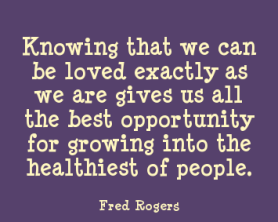 thinking and problem solving skills. As adults, we can lead the way by modeling civil discourse, respecting perspectives that may differ from our own, and recognizing the reality that great minds do not think alike. Now more than ever, adults and children alike must ensure that Walker is a place where each individual is known, valued, and loved. As Mister (Fred) Rogers once said, “Knowing that we can be loved exactly as we are gives us all the best opportunity for growing into the healthiest of people.”
thinking and problem solving skills. As adults, we can lead the way by modeling civil discourse, respecting perspectives that may differ from our own, and recognizing the reality that great minds do not think alike. Now more than ever, adults and children alike must ensure that Walker is a place where each individual is known, valued, and loved. As Mister (Fred) Rogers once said, “Knowing that we can be loved exactly as we are gives us all the best opportunity for growing into the healthiest of people.”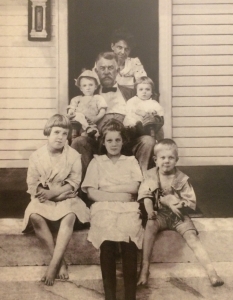


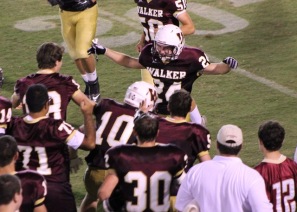 My favorite example of this was when McClain McKinney (pictured), was playing football at the same time he was starring in the fall musical,
My favorite example of this was when McClain McKinney (pictured), was playing football at the same time he was starring in the fall musical,  McClain arrived at the football game versus archrival Mt. Paran at halftime and played the entire second half, helping Walker secure a key win during a region championship season. After the game, I remember walking up to McClain on the field to congratulate him and realizing, when he took his helmet off, that he still had his stage makeup on – only at Walker!
McClain arrived at the football game versus archrival Mt. Paran at halftime and played the entire second half, helping Walker secure a key win during a region championship season. After the game, I remember walking up to McClain on the field to congratulate him and realizing, when he took his helmet off, that he still had his stage makeup on – only at Walker! 